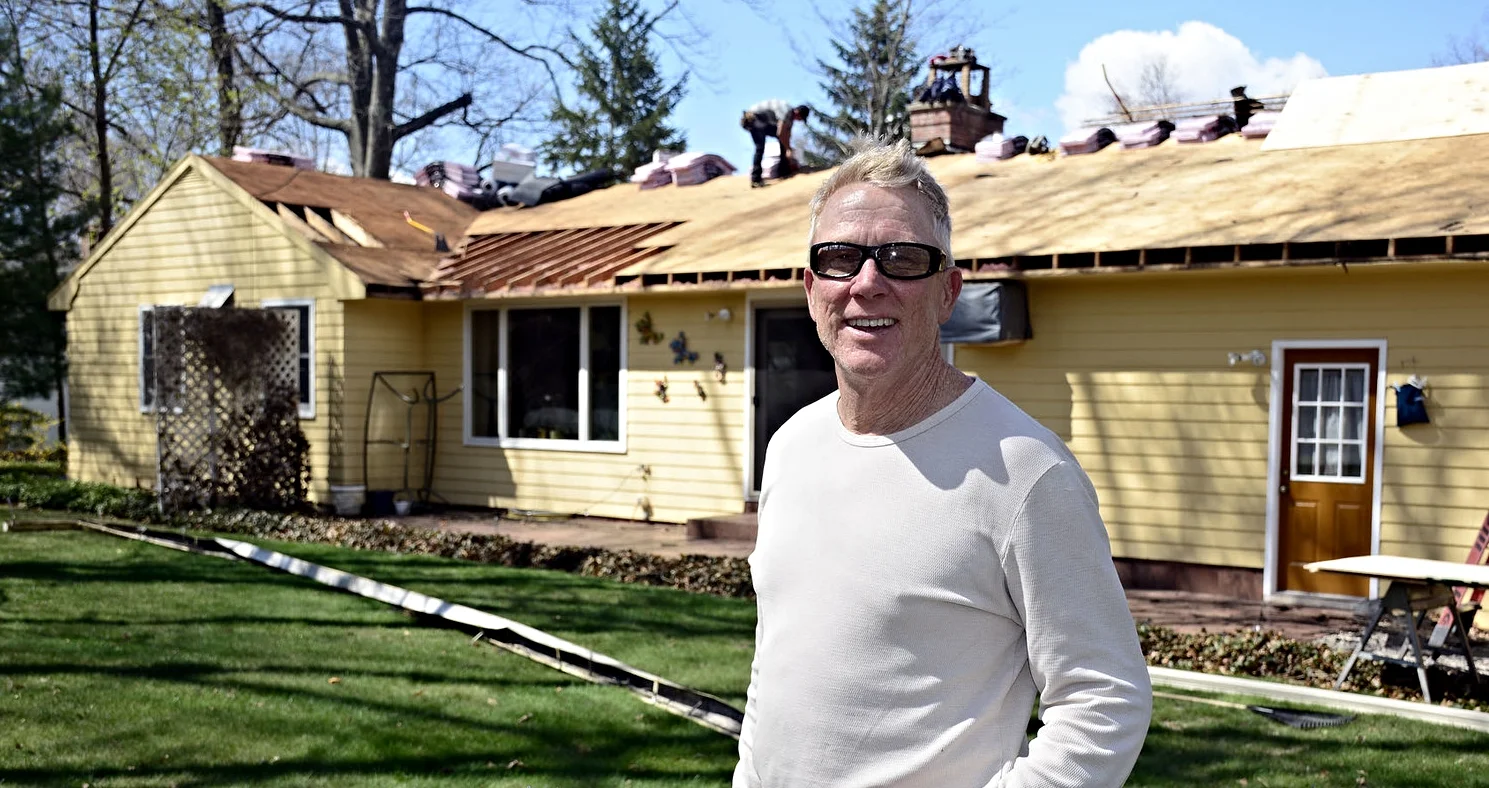Leaks Around the Chimney? Blame it on the Squirrels
Chelsea O'Donnell
I received a question from a reader that I wanted to share with you. She asked:
Dear Bob, I've had some leaking around my chimney. I thought this didn’t seem very strange considering all the snow we’ve had, but when we went to take a look at it, we noticed lots of small holes around the flashing. What would be the cause of this? - Dot B.
Dot, this is a great question and I have received so many calls about it recently so you’re not alone. Believe it or not, the culprit of the small holes around your chimney flashing is squirrels. Flashing is often made of lead, which is a soft metal that squirrels feast on because it supposedly has a sweet taste. More practically, it also helps our rodent friends gnaw down and control their fast-growing teeth. Then, of course, there is the warmth that is escaping from your attic which makes for a pretty cozy place to spend these cold winter days.
Of course, we all know that lead is poisonous, so squirrels chomping down on your flashing is very likely going to kill them in addition to opening up your roof to potential leaks. Flashing bridges the gap between the chimney and your roof, creating a watertight barrier. If it’s damaged, water can easily get into the attic and eventually down into the home. So I’d suggest dealing with the problem right away before it becomes more costly and complicated.
One simple DIY method is to cover the flashing with the taste that squirrels hate the most - capsaicin, the active ingredient in cayenne pepper. You can mix pepper sauce or powder with water and spray it on the affected areas which will deter them in the short term. Of course, a cheap and easy solution like this also has its drawbacks, and in this case, you’ll be pulling out the ladder again every time it rains or snows.
You can also try deterring the squirrels from your roof by cutting back the branches and trees that make it easily accessible to them. Also, if food is more readily available, they are going to follow the path of least resistance. So fill up those wildlife feeders and keep them at a distance from your house.
If the pests persist, I recommend getting a professional to cover your current flashing with heavy duty copper which is neither attractive nor penetrable. Investing in one of these simple solutions will save both your home and your furry friends from an untimely demise.
Bob O'Donnell is the owner of O'Donnell Bros, Inc., a Bristol-based home improvement company established in 1975. Email your questions for Bob to info@odonnellbros.com with the subject line “Ask the Pro”. All questions may be considered for publication. To contact Bob for your remodeling needs, call O'Donnell Bros, Inc. at (860) 589-5155 or visit www.odonnellbros.com. Advice is for guidance only.
